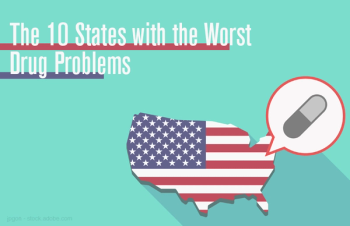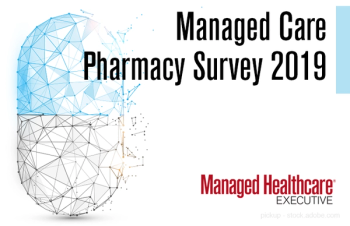
Are accelerated approvals having as much impact as the FDA hopes?

New research reveals that women are excelling in the field. Why this is good news for the C-suite.

FDA cleared the first-and-only calcitonin gene-related peptide (CGRP) antibody for cluster headaches.

How relational tension in the OR can affect patient outcomes.

Why health executives need to pay attention to mobile options.

A new study has revealing findings about the effects of front-end opioid prescribing for knee, hip, and shoulder joint replacement patients.

The first respiratory biologic to be approved for administration via an autoinjector will be available in the US soon.

Managed Healthcare Executive asked 17 key opinion leaders, “Who is Your Healthcare ‘Hero’ and why? Here’s what they said.

How to manage drug cost in a value-based world.

Expert recommendations on new leadership skills speak to both external market forces as well as internal fundamentals.

The collaboration may foster breakthroughs in cancer screenings, vaccinations, and pain management.

The surprising costs to the health system that extend beyond the pocketbook.

With the future of the ACA still in question, new studies suggest its provision for Medicaid expansion has helped to correct healthcare disparities in cancer.

A new report sheds light on how ACA enrollment fared in 2019, and what insurers are thinking about the future.

The chain’s move is an attempt to increase relationships with traditionally-loyal pharmacy patients.

With worsening storms and other natural disasters, it’s more important than ever for healthcare executives to pay attention to emergency power supplies.

Joan Budden has created a culture at Priority Health, the No. 2 health insurer in Michigan, that encourages and rewards innovative thinking.

What UCLA Health’s partnership with Microsoft means.

Managed Healthcare Executive’s Managed Care Pharmacy Survey identifies different ways specialty pharmacy stakeholders believe they can reduce industry costs moving forward.

As CBD, or cannabidiol, surges in popularity, the FDA held its first public hearing on the chemical that claims to help with a variety of ailments including pain and anxiety.

A new survey shows that while many healthcare executives recognize drug diversion as a problem, few admit to it happening in their organization.

A new NIH report on cancer in people aged 20 to 49 shows that while rates are declining, women and minorities still face significant rates.

Oncologists recognize the potential of artificial intelligence (AI) in improving the quality of care and patient outcomes according to new research.

In the three decades since its passage, Stark Law has become one of the most significant sources of regulatory burden on physicians and, ultimately, for Medicare beneficiaries.

FDA cleared alpelisib (Piqray), the first PI3K inhibitor to treat breast cancer, to be used in combination with fulvestrant (Faslodex).

FDA granted market authorization for a non-invasive, smartphone device that offers respite from migraines.

New study compares every state using data like opioid prescriptions and overdose rates to determine where drug problems hit hardest.

From drug price concerns to the evolving role of PBMs to the influence of specialty pharmaceuticals, what healthcare executives think about the future of pharmacy.

Here are five surprising ways to tailor experiences so patients adopt healthier behaviors when faced with chronic conditions like diabetes, heart disease, cancer, and COPD.

How will payers, providers, and patients respond when a $2 million drug drops into the market?